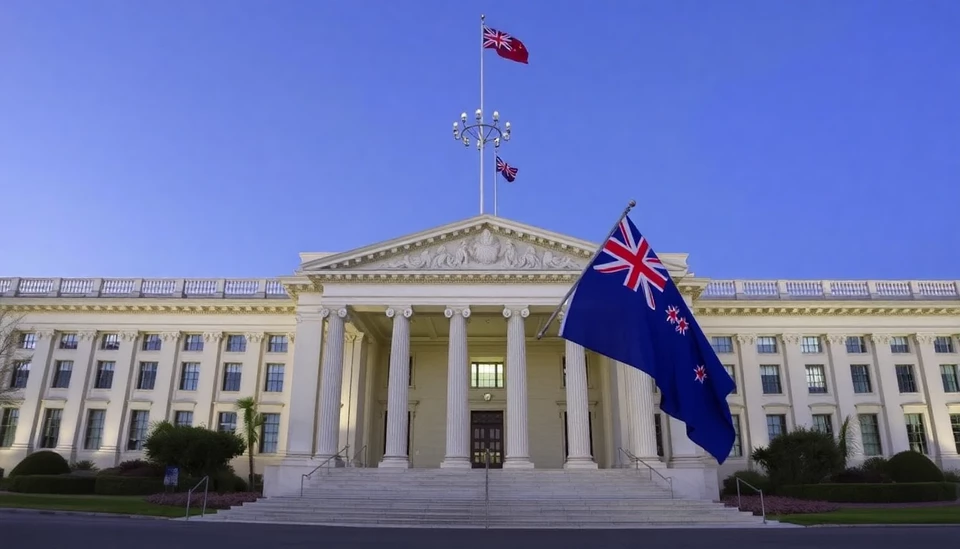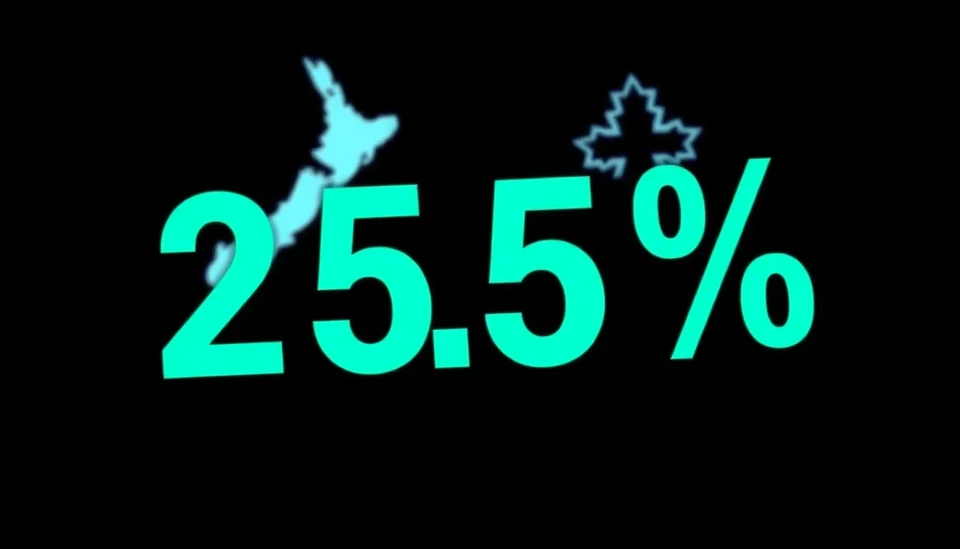
In a pressing call to action, New Zealand's Treasury Department has highlighted the urgent need for the government to tackle the country’s soaring cost of capital, which is seen as a potential barrier to economic growth and investment. The Treasury's latest report indicates that the elevated cost of capital is hindering businesses from accessing the funds they need to innovate and expand.
The report emphasizes that New Zealand's high interest rates and inflation levels have contributed significantly to the increase in capital costs, creating a formidable challenge for entrepreneurs and existing businesses alike. Faced with higher borrowing expenses, companies may be deterred from investing in new projects, ultimately impeding job creation and economic development.
According to Treasury officials, the ramifications of inaction could be dire. If the government does not mitigate the high cost of capital, New Zealand runs the risk of lagging behind its global counterparts in terms of competitiveness. The inability to attract foreign investment could stifle progress in key industries, engineering solutions to pressing environmental challenges, and advancing technological innovation.
Recent data indicates that the cost of capital in New Zealand is one of the highest among developed nations. This is largely attributed to fluctuating interest rates, compounded by the global economic landscape that continues to evolve post-pandemic. The economic uncertainty stemming from geopolitical events and supply chain disruptions has further exacerbated the situation, making investors cautious and requiring higher returns to offset perceived risks.
The Treasury has recommended a multi-faceted approach to addressing these concerns. Key suggestions include evaluating monetary policy, considering incentives for targeted industries, and fostering a more favorable business environment through regulatory reform. By providing greater support for startups and small businesses, New Zealand could stimulate job growth and elevate the overall economic climate.
In response to the report, several business leaders have voiced their agreement with the Treasury’s conclusions, underlining the belief that a collaborative effort between the government and the private sector is essential. They advocate for concrete strategies aimed at reducing operational costs for businesses, particularly those in the technology and renewable energy sectors, which are crucial for future growth.
Ultimately, a concerted effort to address the high cost of capital could enhance New Zealand’s attractiveness as a destination for investments, providing opportunities for sustainable economic growth. As the country navigates its path forward, the dialogue between policymakers and the business community will be paramount in shaping a vibrant economic future.
In conclusion, the Treasury’s report serves as a wake-up call, urging the New Zealand government to take decisive action to manage the high cost of capital. With the right strategies in place, there is potential for New Zealand to foster an environment that supports innovation and attracts investment, laying a strong foundation for long-term economic sustainability.
#NewZealand #Economy #CostofCapital #Investment #TreasuryReport #EconomicGrowth #Business #Finance #SustainableGrowth
Author: Daniel Foster




